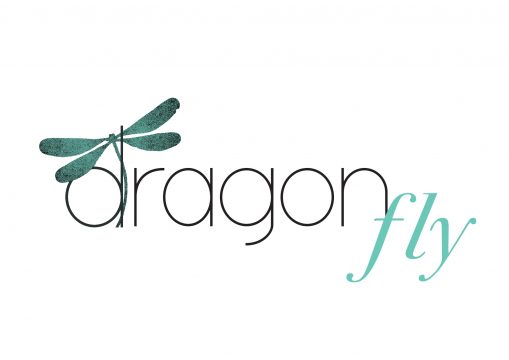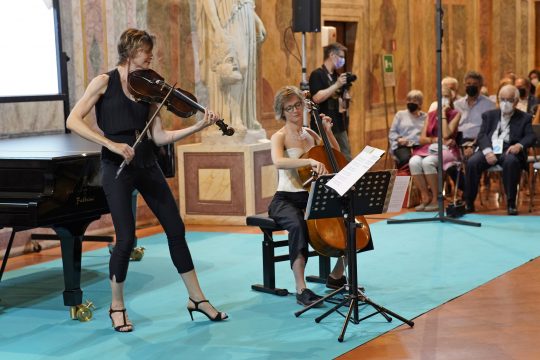LATEST NEWS
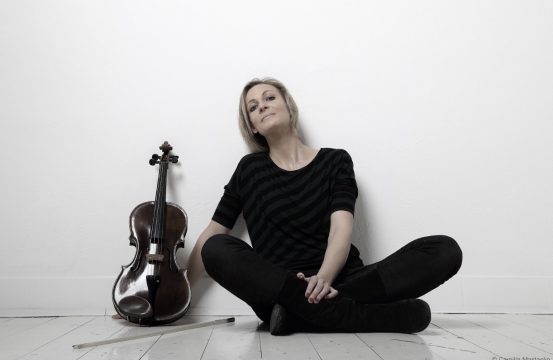
Danusha Waskiewicz DOCENTE PER IL BIENNIO nella Scuola di Musica di Fiesole
Giugno 2025
Danusha Waskiewicz inizia un nuovo percorso nella Scuola di Musica di Fiesole come DOCENTE PER IL BIENNIO che conduce l'acquisizione del Diploma AFAM di II livello, equivalente a una laurea magistrale. La scuola offre anche un corso di PERFEZIONAMENTO. Entrambi saranno 2 incontri al mese per tutto l'anno accademico 2025-2026. Iscrizioni sono aperto fine al 1 settembre. Informazioni da Stefania Parigi s.parigi@scuolamusica.fiesole.fl.it https://www.scuolamusicafiesole.it/corsi-accademici-secondo-livello/viola-diploma-afam-secondo-livello-biennio/Read more →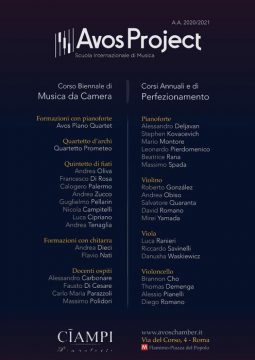
Avos Project Scuola Internazionale di Musica – Master di Viola per 2024/2025
Febbraio 2025
PROSSIMO APPUNTAMENTO da ottobre 2025 . Danusha Waskiewicz collabora con la "Avos Project" Scuola Internazionale di Musica da ottobre 2020. Una realtà fantastica in centro di Roma per chi vuole crescere come solista con un appoggio anche verso la musica di camera.Read more →Scopri: Dragonfly
Aprile 2023
Dragonfly è il nuovo duo composto da Danusha Waskiewicz (viola, voce) e Naomi Berrill (violoncello, voce).Read more →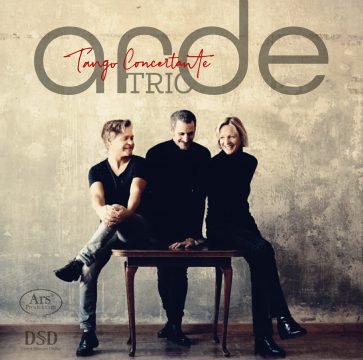
Scopri: ardeTrio – Tango Concertante, Vol. 1
Marzo 2021
"Tango Concertante, Vol. 1" è il primo lavoro in studio di ardeTrio con Danusha Waskiewicz (viola), Omar Massa (fisarmonica) e Markus Däunert (violino). Scoprite di più al link qui sotto.Read more →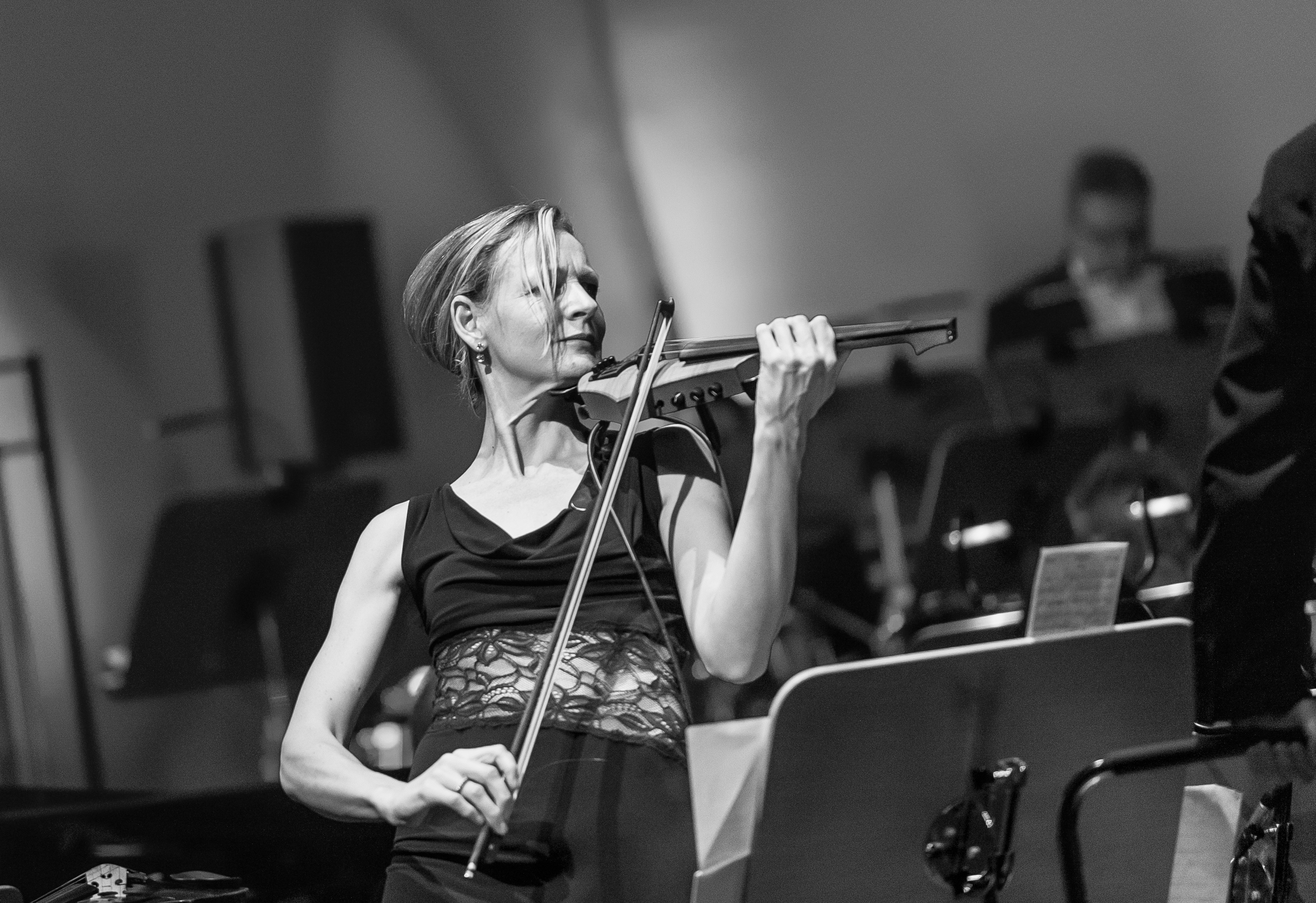
Tutorial: Hoffmeister – Concerto per Viola
Ottobre 2020
In questa video-lezione, Danusha Waskiwicz offre consigli e dritte per preparare il famoso "Concerto per Viola" di Hoffmeister. Il tutorial è disponibile su YouTube al link sottostante.Read more →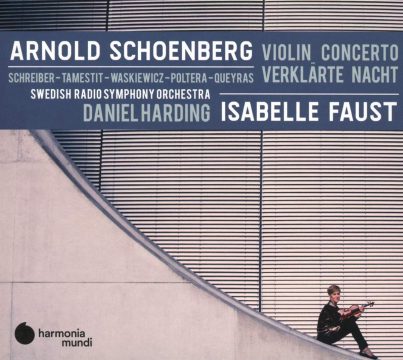
Scopri: Schönberg: Violin Concerto – Verklärte Nacht – con Isabelle Faust
Febbraio 2020
Ascolta "Schönberg: Violin Concerto - Verklärte Nacht" con Isabelle Faust (pubblicato da Harmonia Mundi).Read more →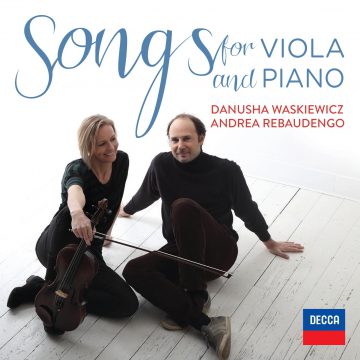
Scopri: Songs for Viola and Piano – con Andrea Rebaudengo
Febbraio 2017
Ascolta "Songs for Viola and Piano", prodotto della lunga e fortunata collaborazione tra Danusha Waskiewicz e il pianista Andrea Rebaudengo (via Decca).Read more →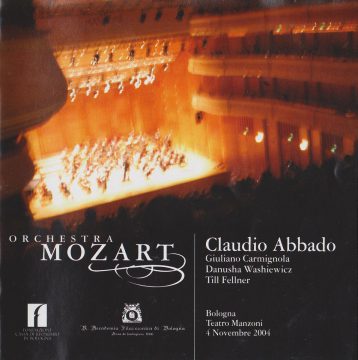
Scopri: Orchestra Mozart
Febbraio 2017
Ascolta la "Sinfonia Concertante e i "Concerti Brandeburghesi". Sotto la direzione di Abbado, Danusha Waskiewicz ha registrato le opere di W. A. Mozart e J. S. Bach rispettivamente per Deutsche Grammophon e Euro Arts.Read more →
NEXT CONCERTS
7 mar
Opera Haydn-Note to a friend di David Lang
Note to a friend
11 mar
h. 20:00
Opera Haydn-Note to a friend di David Lang
Note to a friend
15 mar
Solista
Music from Mozart, Eberl and Hoffmeister
Ensemble des Berner Symphonieorchesters “La Banda Storica”
Music of the classical period (430Hz) gut strings
Direttore Gianluca Capuano
28 mar
h. 20:30
Quartetto Prometeo
Quartetto per archi n. 4 Op.83
Folk Songs (omaggio a Berio), musiche di Sciarrino, Francesconi, Fedele, Nieder
Jean Sibelius
String Quartet ‘Voces intimae’, Op.56
8 apr
h. 20:30
Duo Waskiewicz Rebaudengo
“Le piace BRAHMS?”
Märchenbilder op.113
1.Nicht schnell
2.Lebhaft
3.Rasch
4.Langsam, mit Ausdruck
Johannes Brahms (1833 – 1897)
Fünf Lieder op.49
1.Am Sonntag Morgen – Andante espressivo
2.An ein Veilchen – Andante
3.Sehnsucht – Langsam
4.Wiegenlied – Zart bewegt
5.Abenddämmerung – Ruhig
Danusha Waskiewicz (1973)
La donna del fiume per viola sola
* * *
Johannes Brahms (1833 – 1897)
Sonata in fa minore op.120 n.1
11 apr
h. 16:00
Quartetto Prometeo
ŠOSTAKOVIČ: Quartetto n. 4 in re maggiore, op. 83
FOLK SONGS (Omaggio a Berio): Musiche di Sciarrino, Dall’Ongaro, Fedele
SIBELIUS: Quartetto in re minore, op. 56, “Voces Intimae”
29 apr
h. 18:00
Solista
I Solisti Aquilani & Danusha Waskiewicz e Daniele Orlando -Mozart e i colori del novecento
Paul Hindemith (1895 – 1963) Trauermusik per viola e archi
Béla Bartòk (1881 – 1945) Folksongs
Albanian Song (arrangements by Paolo Marzocchi)
1 mag
h. 19:30
Bratschenparodie
Die wundersame Welt der Bratsche
Die ehemalige Solobratschistin der Berliner Philharmoniker Danusha Waskiewicz und ihre Mitmusiker Klaus Christa, Guy Speyers und İmgesu Tekerler entführen in die wundersame Welt der Bratsche – jenes Instruments, das so oft im Schatten der Geige steht und doch eine unvergleichliche Klangtiefe besitzt.
Mit feinem Witz, szenischem Spiel und musikalischer Exzellenz bringen die vier Künstler:innen ihr Publikum zum Staunen und Lachen. Ob als absurde Casting-Show eines „weltberühmten Streichquartetts“ oder als virtuose Reise durch Werke von Haydn, Bach, Hindemith und anderen – dieser Abend zeigt, wie nah Leichtigkeit und Tiefe beieinanderliegen können.
Ein humorvolles Plädoyer für ein Instrument, das zu Unrecht unterschätzt wird – charmant, virtuos und einfach wundersam.
30 mag - 2 giu
h. 11.00 12:30 14:30 17:30 19:30
Festival Late Music Spring Festival 2026
Vi aspettiamo perché con voi la musica diventa completa.
20 giu
h. 13:00
Musica da camera— Louth contemporary music festival
louth contemporary music festival
Darragh Morgan , violin
Danusha Waskiewicz, viola
Francesco Dillon, violoncello
Beat Furrer - Canti della tenebra
21 nov
h. 19:30
Duo Viola e Pianoforte Waskiewicz e Cabras
Sonata in fa minore op.120 n.1
1.Allegro appassionato
2.Andante un poco adagio
3.Allegretto grazioso
4.Allegro molto
Strawinsky Suite italienne
Canzoni populari italieni
